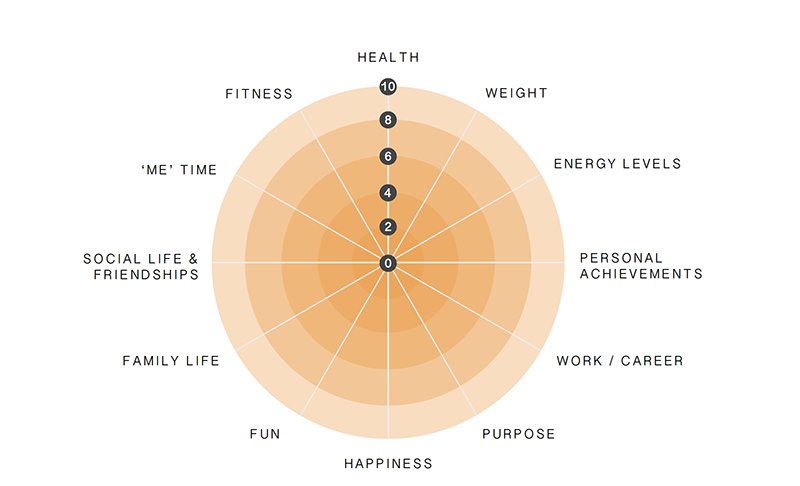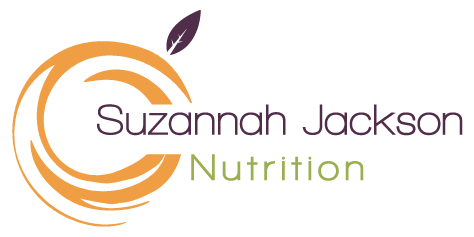I was just thinking about World Wellbeing Week which starts on June 21st and is obviously an important week for me as a Nutritional Therapist. I am passionate about nutrition, health and wellbeing and am constantly talking about this to my clients (of course) but also friends, family, on social media and my NutritionTribe Facebook Group. BUT a question just struck me this morning – what actually is wellbeing?
How do you know when you are ‘being well’ enough?
How can you measure it?
And does it matter anyway (because we’re all busy these days)?
It seems that the true definition, while a little vague, is not simply “not having a diagnosed disease”. According to the Collins Dictionary, your wellbeing is your “health and happiness”, and the Macmillian Dictionary goes one further with the suggestion that it is the “satisfactory state that someone or something should be in, that involves such things as being happy, healthy, and safe, and having enough money.”
The business of wellbeing is multifactorial. It is not just what you eat or how you move that has you be well. It is a more complicated picture of also having good mental health, a high level of satisfaction with your life, a sense of meaning or purpose, and the ability to manage your stress levels.
For the alphas (the high achievers), I’m sorry to tell you that you cannot get this overall sense of wellness by acing a couple of these elements and hoping your achievements in one area can pick up the slack in other areas where you might be lacking. While it is not necessary to feel that every single one of the elements below is spot on, you cannot enjoy an overall sense of wellness without having some kind of balance in these key elements:
- Physical – this includes what you eat and how active you are.
- Emotional – your ability to cope with everyday life as well as how you think and feel about yourself.
- Social – the extent to which you feel you belong and social inclusion. Rolled into this are your relationships with others, and your values, beliefs and traditions.
- Spiritual – This is the ability to experience and integrate meaning and purpose in life. Achieved through being connected to our inner self, to nature or even a higher power.
- Intellectual – It is important to gain and maintain intellectual wellness as it helps us to expand our knowledge and skills in order to live an enjoyable and successful life.
- Economic – your ability to meet your basic needs and feel a sense of security.
How can you measure how well you are doing?
The experience of ‘wellness’ is very subjective. It is not for others to tell you how well (or otherwise) you are doing at your own wellbeing. When I’m working with my clients, one of the tools I use is something called the Wheel of Life, which offers a 360-degree view of your current life situation.
Each segment in the wheel represents a different area of your life that is important for overall health and wellbeing. Of course, my wheel is skewed towards nutrition and lifestyle, but the effect is pretty much the same. You would score yourself based on how you feel about different areas of your life: health, weight, fitness, energy levels, personal achievements, work/career, sense of purpose, happiness, fun, family life, social life and friendships, and (last but not least) ‘me time’.
Try the Wheel of life for yourself
The great thing about the Wheel of Life is that it allows you to take an honest look at what’s working in your life right now and where else you would like to see improvements, then find ways to link your health goals, so there is a positive impact in other ways too, helping to increase your motivation and commitment.
Consider each area of your life now and rate on a scale of 1-10 how satisfied you feel in the correct area in your wheel. 10 is high, and 1 is low. So if the level is 4, put a cross on the 4th circle from the centre.
It’s completely normal for people to discover they are satisfied with some areas of their lives and very unsatisfied with others. Remember that this is really a helicopter view, allowing you the luxury of evaluating the whole of your life and not piecemeal.
It’s also common for some of my clients to get a bit upset if they see they score low in more areas than they’d like. If you try the Wheel of Life Exercise and don’t like what you see, don’t panic. The job within your programme (if you’re working alongside me on improving your health and nutrition) is to take actions consistent with improving specific areas of your life that you feel need a boost. It is often possible to link a couple of these wheel segments together.
For example, if you would like to improve your ‘me time’ and your ‘fitness level’, think about how you could link the two. You can achieve some really valuable me time with an online yoga or meditation class even you are still not comfortable with joining a real class and also tick off fitness at the same time. There are some amazing free to join yoga classes out there, but I particularly like the downdogapp.com

This is what I do…
I look for ways to connect; to talk and listen to others, and to live in the moment.
I consider how I can build more activity naturally into my day by walking when there is a realistic option and moving my body in a way that feels good rather than a chore or a punishment.
I observe and take notice of the simple things that bring joy. Focussing on things I am grateful for makes a big difference to how I experience my life.
I am always on the look-out for ways to embrace new experiences, to grow and learn.
I try to be generous with my time, kind words and my presence.

